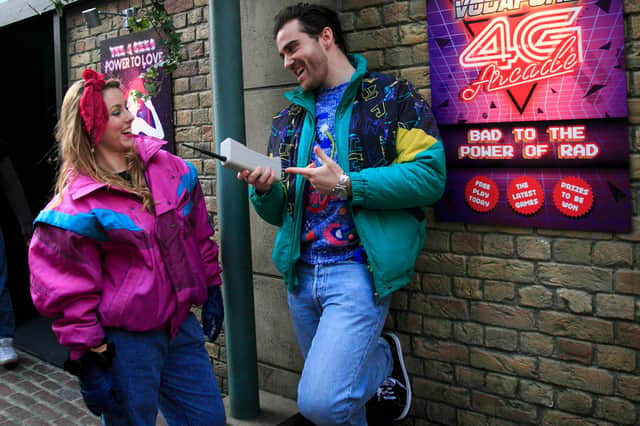Seed by Joanna Walsh is an insightful novel about growing up – Laura Waddell


What I like most about her writing is that I sometimes struggle to put my finger exactly on it; minimalist in style, often concerned with the psychological interrogation of mixed, confusing, or repressed feelings, in characters in a state of flux. I almost picture the author with a butterfly net, chasing after her narrators’ emotions, in order to pick them up and study how they react to external stimuli, before setting them free to be observed from a distance.
Walsh’s latest book, Seed, published by small Belfast outfit No Alibis Press, is a particular highlight of her publications to date. It follows a girl at a point in her life where she is not yet a woman but no longer a child, set in 1988, before internet access was part of adolescence.
Advertisement
Hide AdAdvertisement
Hide AdThere are layers of cultural references; a backdrop of Chernobyl, Aids, and terribly aged tips from fashion magazines. As she comes and goes between her friend Rosemary’s house and her job cleaning up at a cattery, the young narrator wonders about the world, but primarily, she wonders about herself.
I felt a flood of nostalgia in how Seed depicts that difficult to define era of growing up, when girls are hyperaware and sensitive to their surroundings: among the tapestry of thoughts our narrator pauses fleetingly on the unspoken awkwardness of plants named rapeseed and thinks about the pane of glass separating her from men working in the field next door, dappled so as to obscure her shape.
She feels the grass sticking to her bare legs when playing outside, noticing her body anew, and self-surveilling. She is aware some adult conversation is meant to be funny, but not exactly why; she speculates wildly but is too shy to ask her friend if she’s had sex yet.
Within Seed is the essence of growth; the tension between two states of being. It’s what Joanna Walsh does so very well.
A message from the Editor:
Thank you for reading this article. We're more reliant on your support than ever as the shift in consumer habits brought about by coronavirus impacts our advertisers.
If you haven't already, please consider supporting our trusted, fact-checked journalism by taking out a digital subscription.
Comments
Want to join the conversation? Please or to comment on this article.
